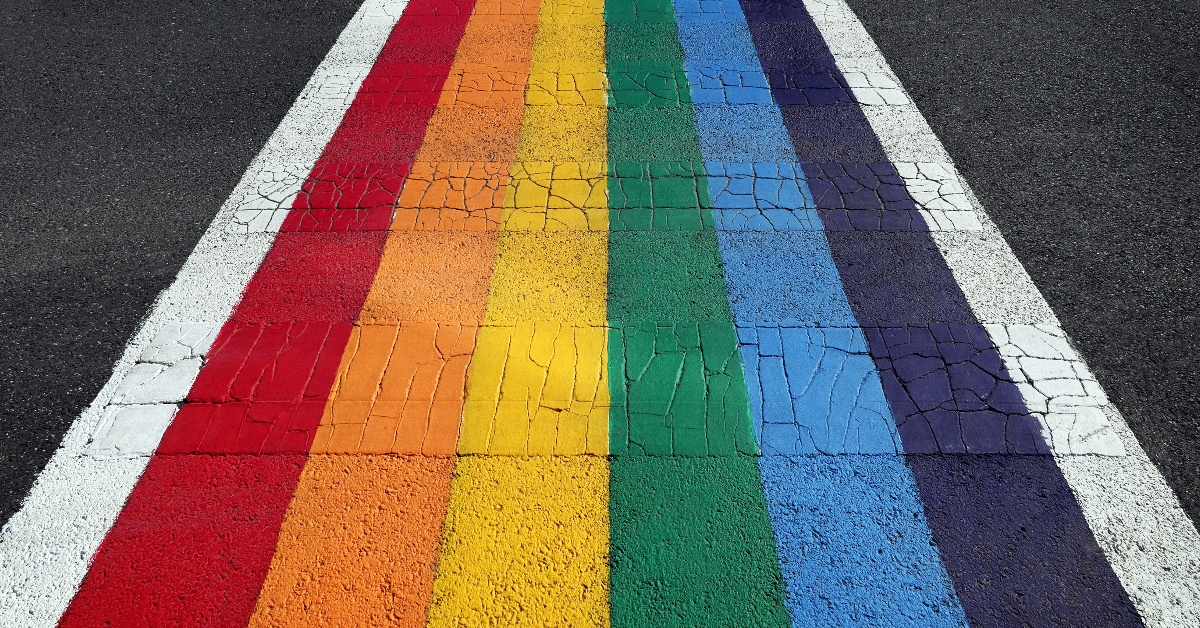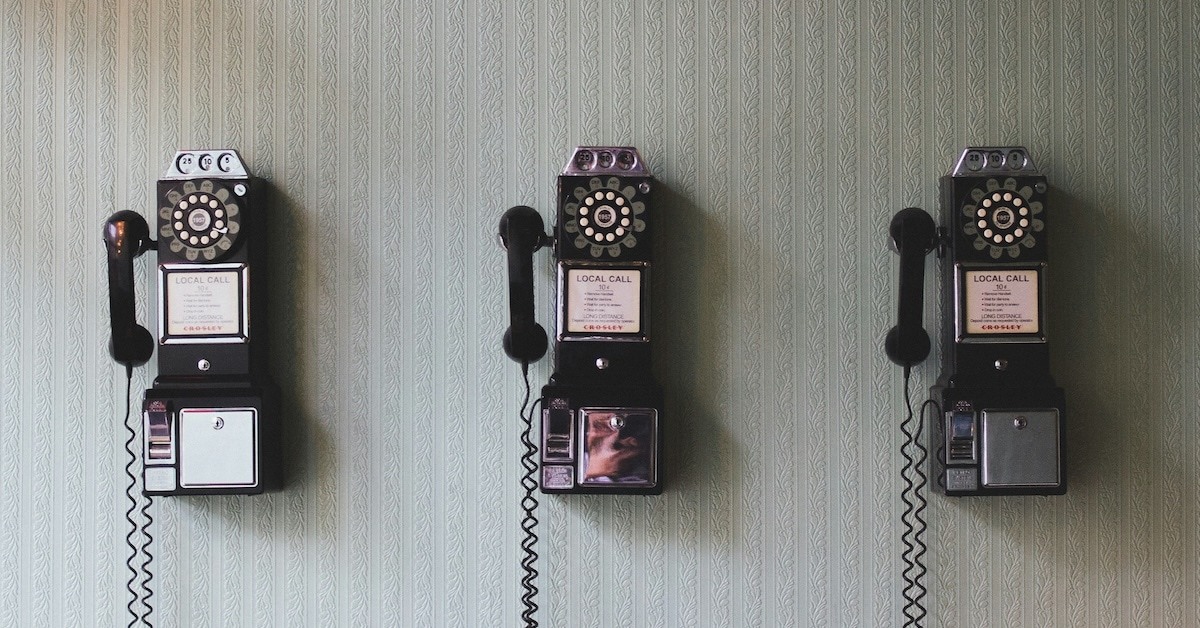BY: Jasmine Franklin
Published 5 months ago

National Asian & Pacific Islander HIV/AIDS Awareness Day spotlights an often overlooked part of the HIV conversation. This observance calls attention to the lived experiences, health disparities, and community strength within Asian, Native Hawaiian, and Pacific Islander (API) communities. It’s a day rooted in truth, powered by visibility, and driven by the need for change.
When is National Asian & Pacific Islander HIV/AIDS Awareness Day?
View this post on Instagram
National Asian & Pacific Islander HIV/AIDS Awareness Day takes place every year on May 19. According to the San Francisco Community Health Center, the Banyan Tree Project, a national campaign against HIV stigma in API communities, launched the observance in 2005. The day brings attention to the impact of HIV, promotes testing, and confronts the silence and shame that often surround the virus in these communities.
Why This Day Matters
View this post on Instagram
API communities are often mislabeled as ‘low risk’ — a myth fueled by stigma, invisibility, and systemic neglect. AIDSVu reported that in 2021, 2% of all new HIV diagnoses were among the API Communities. Additionally, most of these new diagnoses are among Asian men. While 2% may seem low, it reflects deep underreporting and lack of testing in a community comprising 7% of the US population, according to the Pew Research Center.
The API community is not a monolith. It includes over 50 ethnic groups and more than 100 languages. This diversity brings unique barriers to HIV prevention and treatment. Some communities face language barriers at clinics, and national prevention campaigns overlook others. Also, there isn’t enough research available for this demographic.
National Asian & Pacific Islander HIV/AIDS Awareness Day pushes back against that silence. It exists to amplify the voices of people living with HIV and to demand culturally competent care. The day also honors those who live with HIV every day, navigating healthcare systems and community perceptions while carrying the weight of stigma. This day focuses on those truths and forces public health to do better.
How to Show Support
View this post on Instagram
Supporting National Asian & Pacific Islander HIV/AIDS Awareness Day starts by learning the facts. Visit organizations like the Banyan Tree Project, the Asian & Pacific Islander American Health Forum, or the CDC to understand how HIV affects different segments of the API community.
If you belong to the API community, talk about HIV with your family, your friends, and your faith leaders. Normalize sexual health checkups and STI testing. If you’re an ally, uplift API voices working in the field. Donate to organizations focused on HIV equity and culturally tailored care. Get tested. Knowing your HIV status is a powerful step toward personal and community health. Many community health centers offer confidential or free HIV testing. Push for more testing sites in API-heavy neighborhoods. Visibility saves lives.
Finally, attend or organize a local event. Whether it’s a virtual panel, a health fair, or a spoken word night, community-led events allow people to reclaim narratives and honor the power of survival.
National Asian & Pacific Islander HIV/AIDS Awareness Day serves as a reminder that survival is political, silence is violent, and visibility is power. As HIV continues to impact communities of color disproportionately, May 19 stands as a bold declaration: API communities will not be ignored. API communities will not be ignored!
How are you using your voice to break the silence around HIV in API communities? Comment below!










